Joseph Luster
Developer Teyon’s downloadable Heavy Fire: Special Operations offered a potentially promising mixture of elements that had fused together seamlessly in the past. On one hand, hey, it’s a light-gun game on Wii. While the on-rails zappin’ genre might seem a little outdated to some, it’s found a special home on Nintendo’s console thanks to its unique control setup. In the past, playing an accurate light-gun game on a home system meant getting some kind of clunky peripheral, but so long as the illusion-shattering act of killing via remote control doesn’t bother you, there’s no need here. (To be fair, though, I used the Nyko “Perfect Shot,” a glock-like casing for the remote. What can I say? I’m a sucker for playing pretend.)
Unfortunately, the promise of cheap thrills is about as far as Heavy Fire gets. Consider this a warning.
[text_ad]
A Desert Sand-Blasted Shooting Gallery
The premise of a light-gun game is pretty simple, so to make anything successful from the genre you have to really dress up the basics. That’s what the best of the best do, from arcade classics like Time Crisis to more story-driven efforts like Capcom’s Resident Evil shooters, The Umbrella Chronicles, and The Darkside Chronicles. Hell, Sega’s exclusive to Wii House of the Dead game, Overkill, is some of the most fun one can have aiming at the screen and squeezing an imaginary trigger.
Forget those games, though, because what we have here comes from a much more archaic school of design. It’s not even fair to compare it to something like 1992’s Lethal Enforcers, because even its digitized doers of bad had some semblance of personality. In fact, after hours serving in the fictional Somali conflict of Heavy Fire, I think I’d be better off booting up my NES and playing hero on Hogan’s Alley’s scummy sidewalks. I’m not saying I need maniacal henchman doing the kind of overacting that gives games a leg-up on Nicolas Cage’s career, but in 2010 the audience deserves more than a desert sand-blasted shooting gallery.
Not Much in the Way of Fair Challenge
Making matters worse is the poor weapon selection. Things start out hot on a transport-mounted turret, but fizzle quickly when it’s just you, a tinny little handgun, and a seemingly endless barrage of stop-and-stare baddies. That pea-shooter feeling doesn’t really go away either, even as each successive level finds you outfitted with more powerful automatic weapons. They still might as well be firing BBs, just as the targets should be comically spinning around like spring-rigged wooden planks. It actually took me almost the entire campaign to prove my enemies could fire back. Despite the exclamation point warning signs of aggression, they sure took their sweet time landing a shot on me.
Environments are similarly drab, and virtually nothing occurs to zap the player out of the strange physical malaise that sets in after a couple levels. Game designers, take note: this is a textbook example of how to not deliver any sense of suspense or satisfaction. There’s more weight behind shots fired in something like Galaga than in countless rounds of ammo here. Even the requisite flammable barrels, to which enemies understandably flock, offer no momentary reprieve. It all reeks of a rushed product with no desire or drive behind it.
Betting the Bank on Controls?
If Heavy Fire has anything positive going for it, it’s that they at least got the controls down for the most part. Even the tiniest bit of stuttering in the remote aiming would have made an already egregious game nigh unplayable, but the crosshairs react smoothly to motions and can painlessly pinpoint even the most distant of dummies. The slight awkwardness of reloading—for a good chunk of the game you’ll need to shake the remote to do so—isn’t unprecedented, so it’s forgivable. Regardless, it’s not a great sign when the best thing you can say about a game is that it works on a fundamental level.
One could easily wave away Heavy Fire’s inadequacies by citing the fact that it’s a downloadable WiiWare title, and a relatively cheap one at that. Far be it from me to bring price into the discussion too often, but the game still falls short regardless. Time and money spent at a matinee movie showing would yield far more entertainment than this, and even a bad theater experience won’t stay behind as a ghost, haunting your Wii dashboard until its inevitable deletion.
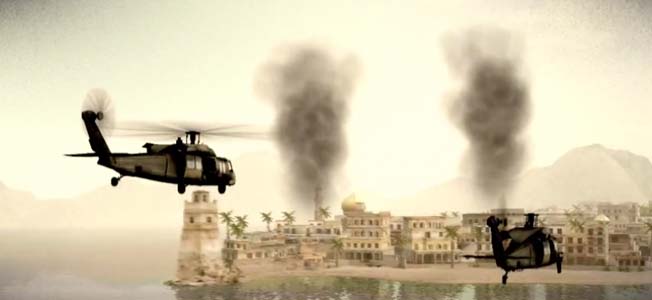
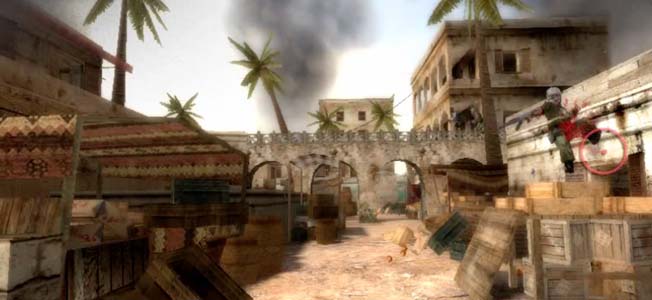
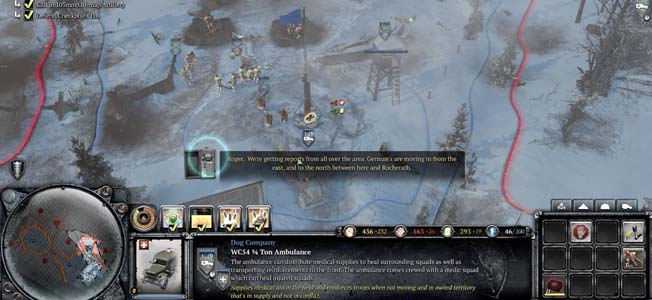
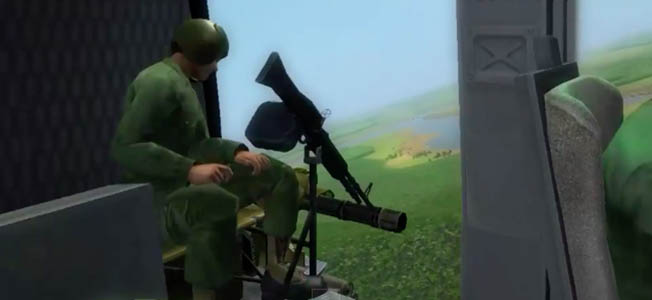
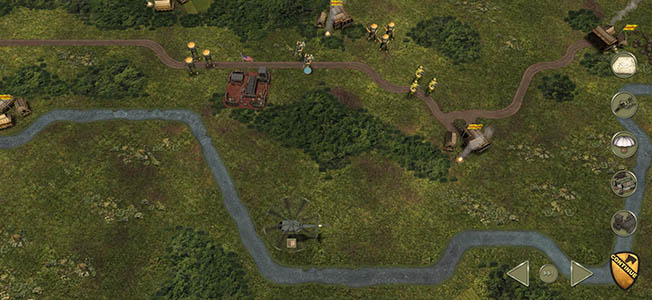

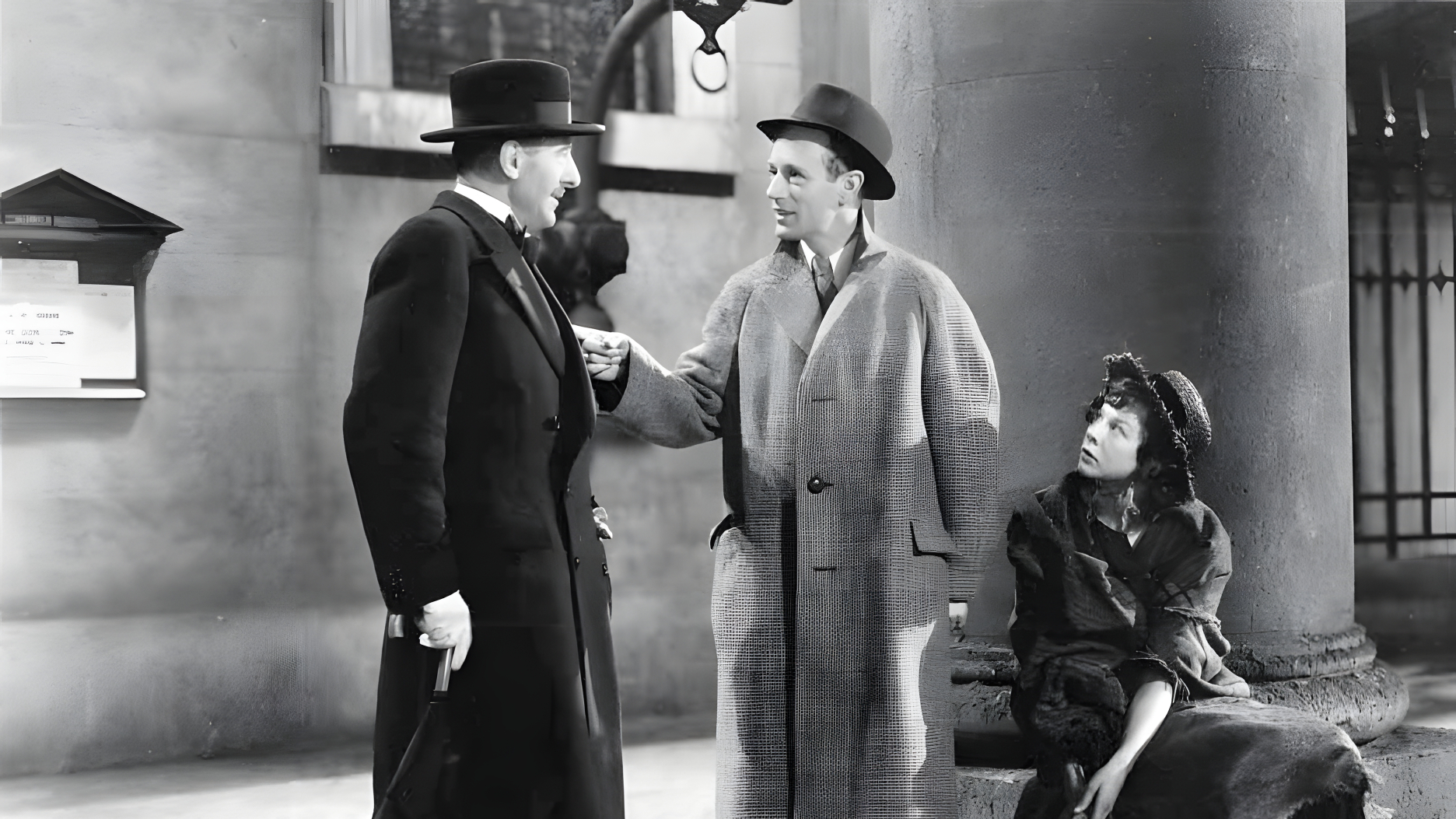
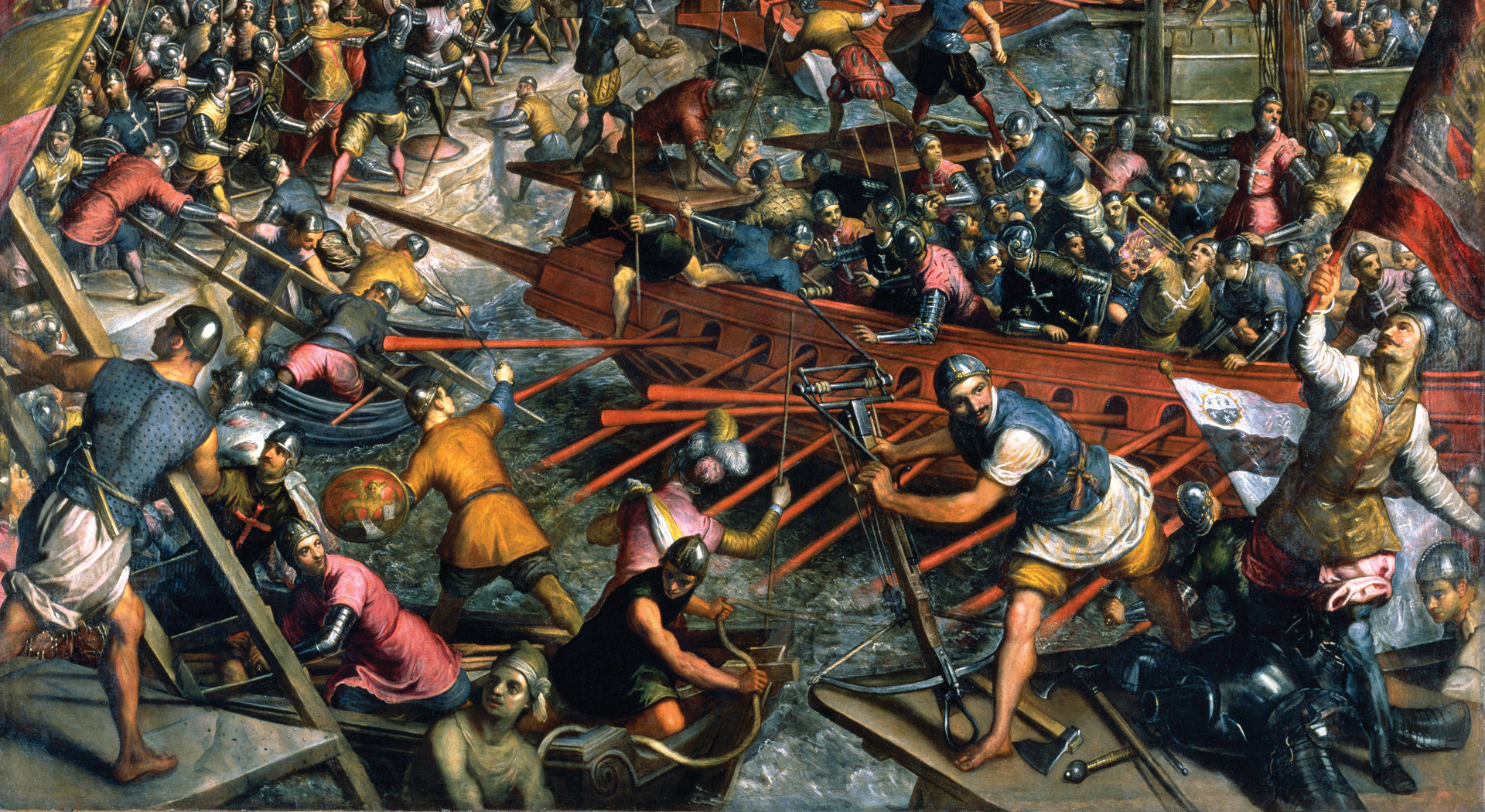
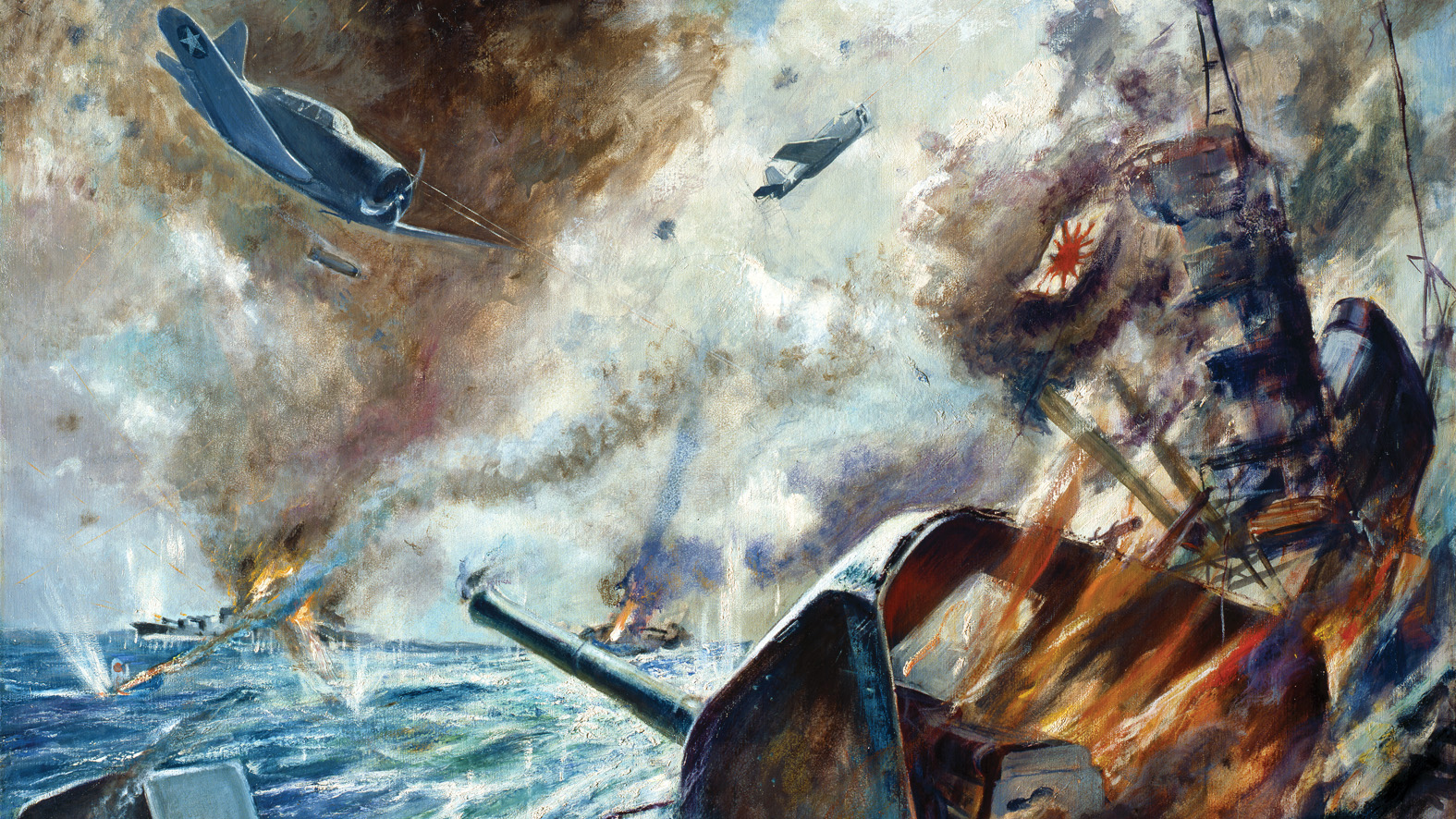
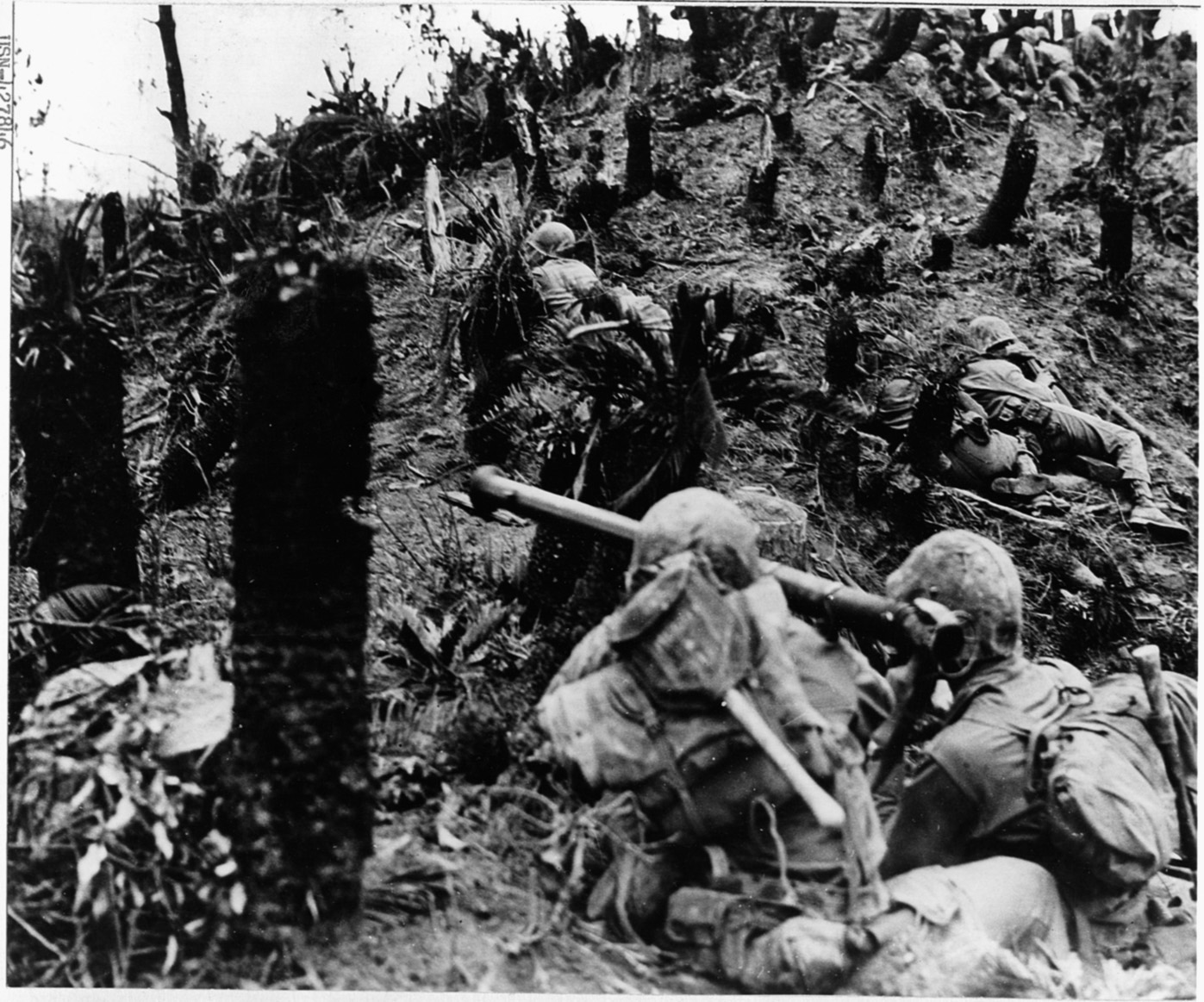
Join The Conversation
Comments
View All Comments